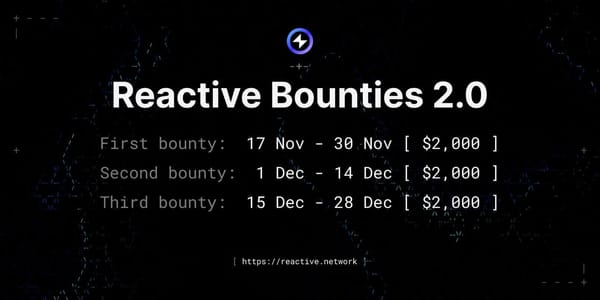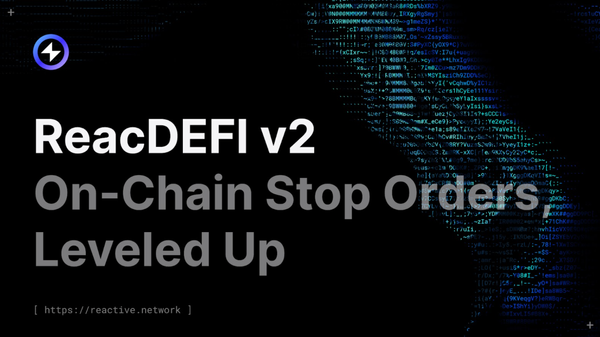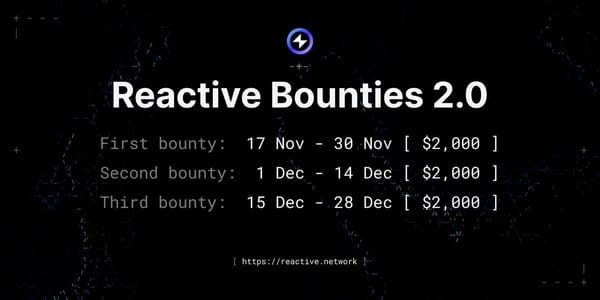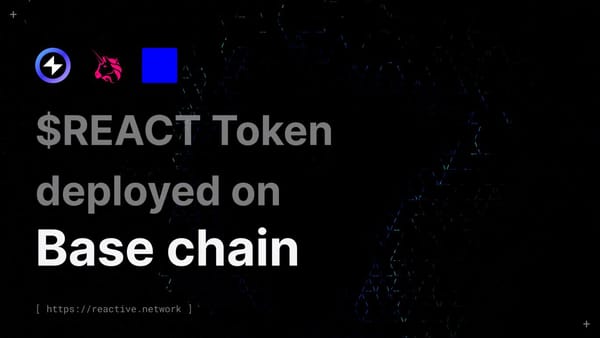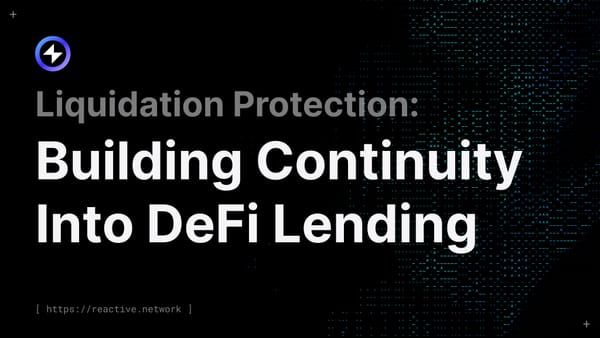
Fundamentals
Liquidation Protection: Building Continuity Into DeFi Lending
For many users, liquidation doesn’t feel like a design flaw. It feels like a shock. A position rarely collapses out of nowhere. It weakens first. Health factor drops. Buffers thin out. Prices move against you. Then one transaction closes everything. That disconnect or sudden enforcement is what soft liquidation












